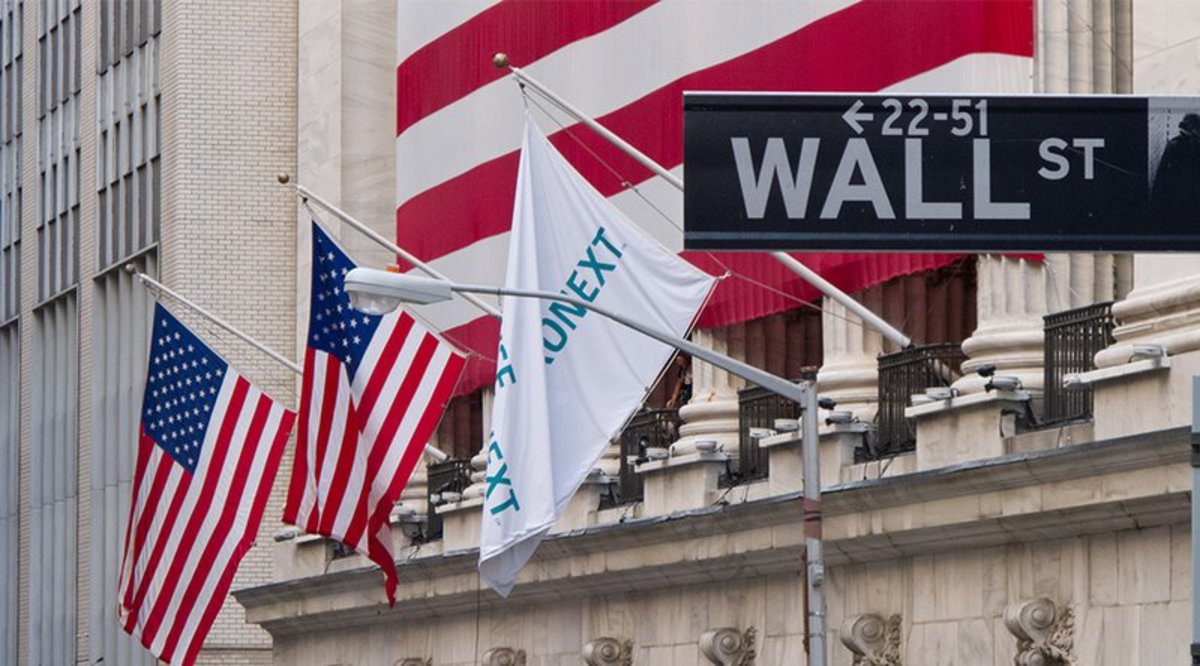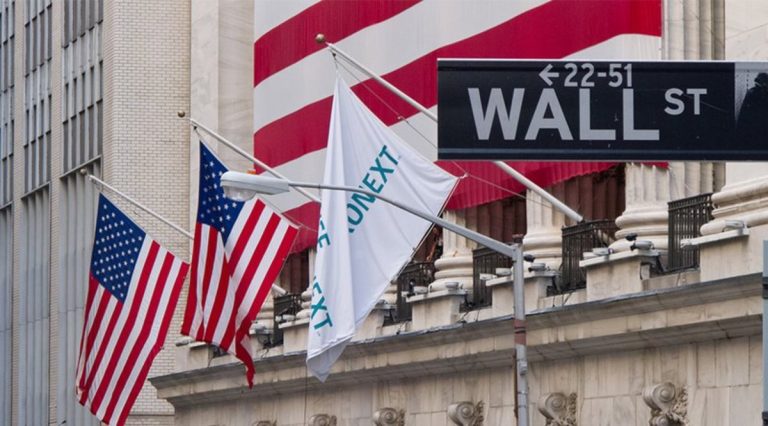
Bitcoin exchange-traded funds (ETFs) saw their trading volume surge to a record $111 billion in March, nearly triple the $42 billion traded in February.
Bitcoin ETFs were approved in the US earlier this year by the Securities and Exchange Commission, and have quickly gained traction among investors. Its volumes last month exceeded even the most optimistic expectations.
new: #Bitcoin ETFs saw record volume of $111 billion in March.
This is three times the inflows from February 🤯 pic.twitter.com/Ol1PaS8vC9
– Bitcoin Magazine (@BitcoinMagazine) April 3, 2024
According to Bloomberg ETF analyst Eric Balchunas, trading volume in March was about three times that of February and January. The massive rise indicates that spot Bitcoin ETFs are meeting strong demand from institutional and retail investors.
“I can't imagine April being any bigger, but who knows,” he said.
BlackRock's Bitcoin ETF (IBIT) led the pack, accounting for 50% of total volume. Grayscale's GBTC took second place at 20%, while Fidelity's FBTC followed at 17%.
Balchunas declared IBIT to be “the $GLD of bitcoin,” referring to the massive SPDR Gold ETF. Its March win makes IBIT the undisputed leader among Bitcoin ETFs, he said.
The rise in trading activity is consistent with Bitcoin's rise to all-time highs in March. However, it also indicates that spot ETFs are changing market dynamics and stimulating new demand.
Critics initially argued that Bitcoin markets would ignore new products. However, inflows into funds such as IBIT and FBTC were largely positive.
Demand greatly outstrips mined Bitcoin. ETFs bought about 66,000 bitcoins in March, while miners produced only 28,500. This supply and demand imbalance looks set to grow as more investors gain exposure through ETFs and newly mined coins are halved in two weeks during the Bitcoin halving event.
With strong flows, assets under management, and trading activity, these new regulated instruments have firmly established themselves in the Bitcoin markets. And if March is any indication, their rise is just beginning.

